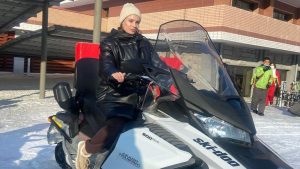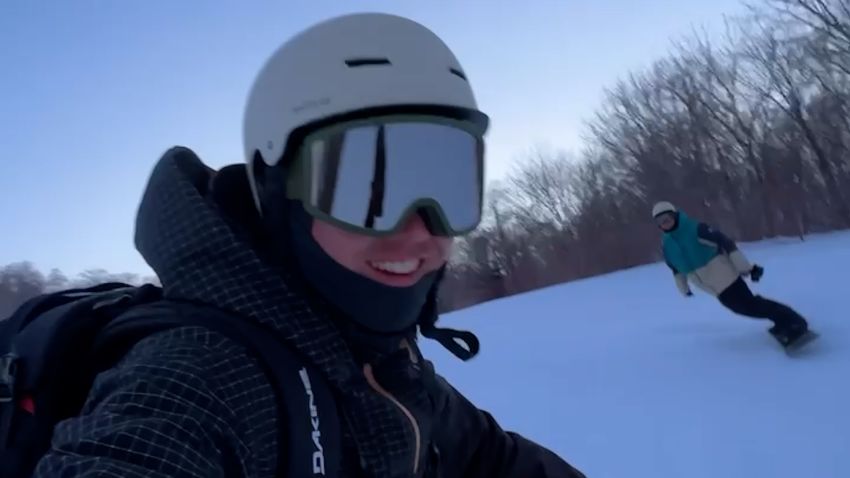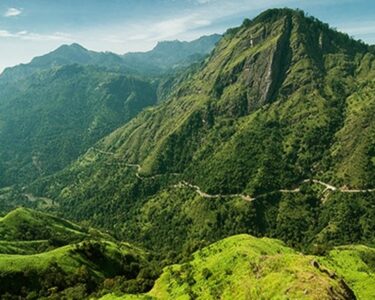A Glimpse Inside: Russians Take First Tourist Trip to North Korea Since Pandemic
Pyongyang, North Korea – In a rare move, North Korea opened its doors to a group of 100 Russian tourists, marking the first international trip to the country since the COVID-19 pandemic began. The four-day visit, costing $750 per person, included visits to iconic locations like the statues of Kim Il Sung and Kim Jong Il, the Masikryong Ski Resort, and the Mangyongdae Children’s Palace. However, the trip wasn’t without its restrictions. Tourists faced tight regulations on photography, with limitations on capturing military personnel, construction sites, and even the way they handled newspapers with leaders’ portraits.

Driven by Curiosity, Overshadowed by Politics
Travelers like Lena Bychcova and Ilya Voskresensky admit experiencing both excitement and anxiety. While curiosity and the desire to see a rarely-accessible country fueled their decision, they recognized the complex political backdrop. North Korea has been a key ally of Russia, supplying missiles used in the Ukraine conflict. Further strengthening this bond, Russian President Putin gifted a car to his North Korean counterpart, Kim Jong Un, potentially violating UN sanctions.
Limited Interaction, Unanswered Questions
Despite hopes of connecting with everyday North Koreans, both Bychcova and Voskresensky felt a sense of staged reality. The elaborate performances and controlled environment raised questions about the true picture of life in North Korea. Bychcova noted the effort to project a specific image, leaving them unsure if they witnessed authentic interactions.
Looking Forward, Looking Back
While both travelers acknowledge North Korea’s human rights issues, they hoped the trip would bridge a gap between civilians. Ultimately, they believe the experience was valuable but express hesitation to return unless the political landscape changes.
The Russian ski trip signifies a unique development in North Korea’s tourism industry and its relationship with Russia. However, questions remain about the genuine nature of interactions and the impact of ongoing political tensions on future visits.







